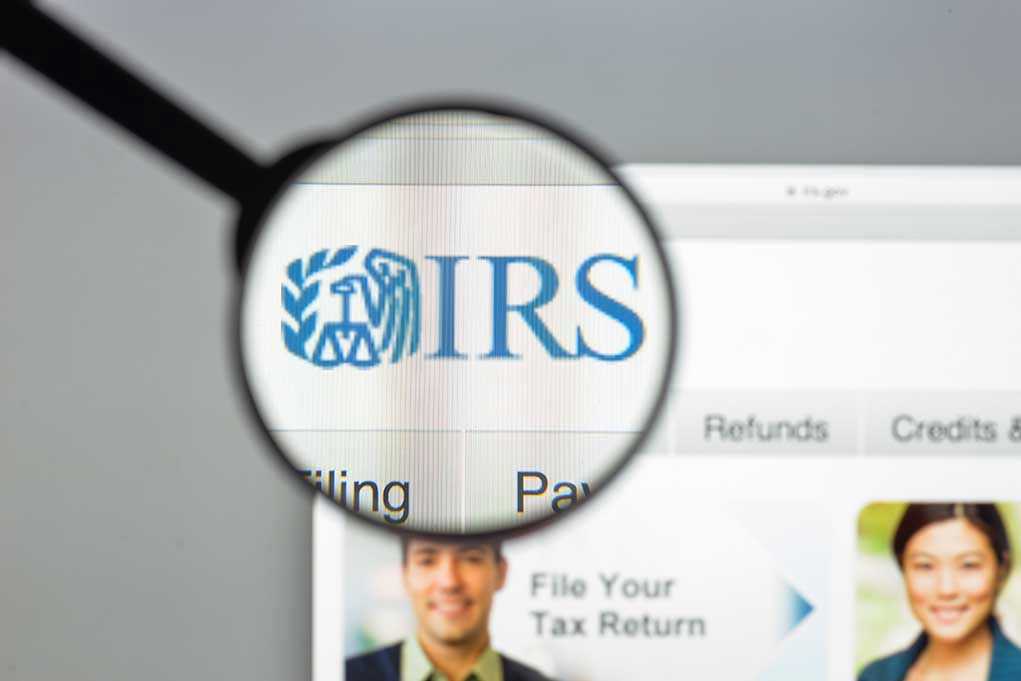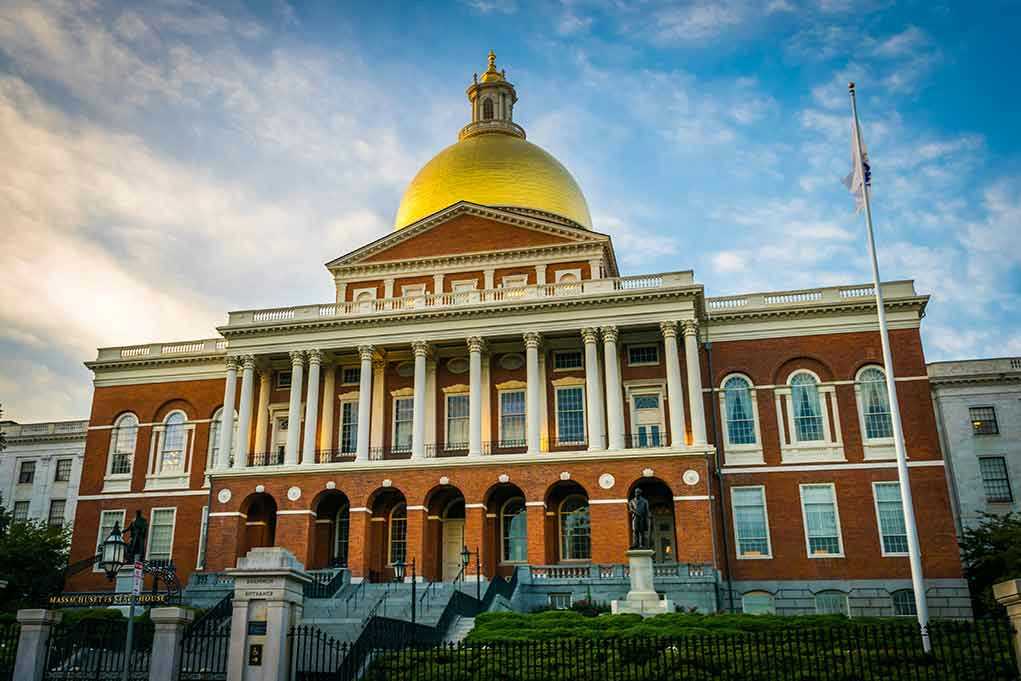
Just when you thought the IRS couldn’t possibly get any more creative in redefining the rules, it’s now saying churches can endorse political candidates to their own members without losing tax-exempt status—rewriting decades of precedent and setting off alarms for anyone who still believes in constitutional clarity and equal application of the law.
At a Glance
- The IRS now claims churches can endorse political candidates to their own congregations without risking tax-exempt status.
- This marks a major departure from the Johnson Amendment, which has restricted such activity since 1954.
- Religious and conservative groups see this as a step toward restoring free speech in the pulpit, while critics warn it opens the door to unchecked political advocacy with taxpayer subsidies.
- The legal move is already fueling debate over the future of nonprofit law, political engagement, and the separation of church and state.
IRS Quietly Carves Out New Exception for Churches
In a move that’s as subtle as a sledgehammer, the IRS has informed a federal court that the decades-old Johnson Amendment—the law that’s been used to muzzle pastors and faith leaders from discussing candidates—suddenly doesn’t apply if churches want to campaign to their own members. That’s right, after years of threatening houses of worship with the loss of tax-exempt status for daring to mention a candidate, the IRS has now decided that internal endorsements are just fine. Who knew that the rules could change with a simple court filing, not a single vote in Congress, and not even a press conference from the folks who supposedly keep our tax system above political gamesmanship?
This shift emerged in response to a lawsuit filed by two Texas churches and the National Religious Broadcasters Association, who’ve spent years arguing that the Johnson Amendment is an unconstitutional affront to free speech and religious liberty. The IRS’s new position, outlined on July 7, 2025, claims that as long as political campaigning is confined to a church’s own congregation, the government won’t come knocking with threats of revoking tax-exempt status. This is a seismic change for religious organizations and a slap in the face to the so-called “wall of separation” that’s always seemed to lean one direction—against faith, family, and free expression.
The Johnson Amendment: Muzzling Free Speech Since 1954
The Johnson Amendment, birthed in 1954 by then-Senator Lyndon B. Johnson, was sold as a way to keep tax-exempt charities, including churches, “nonpartisan.” In practice, it’s been used as a political cudgel—threatening faith leaders who dare speak plainly about values, morality, and, heaven forbid, the candidates who represent those principles. For decades, this rule has lurked in the background, its vague boundaries chilling speech and inviting selective enforcement. Every time a pastor reminded his flock about biblical values that might just overlap with a particular candidate’s platform, the IRS was ready with a warning letter and the looming threat of yanking tax-exempt status.
Enforcement has always been inconsistent, with actual revocations of status being exceedingly rare. But the chill was real, and everyone knew that the mere possibility of IRS involvement was enough to make most religious leaders bite their tongues. Legal challenges have percolated for years, and President Trump famously promised to “totally destroy” the Johnson Amendment, issuing an executive order in 2017 to ease enforcement—though the law itself remained stubbornly unchanged. Now, in 2025, after all the bluster and debate, it’s a quiet legal filing, not a congressional act or a Supreme Court ruling, that’s upending decades of precedent. Amazing how bureaucracy always finds a way to rewrite the rules without the messiness of democracy.
Winners, Losers, and the Next Battle Lines
Religious organizations wasted no time celebrating what they see as a long-overdue victory for free speech and religious liberty. The Institute for Free Speech and other constitutional advocates are calling this a crucial first step to restoring the right of pastors and congregations to participate fully in public life. On the other hand, the National Council of Nonprofits and defenders of the Johnson Amendment are clutching their pearls, warning that this exception could turn churches into tax-subsidized campaign headquarters and erode public trust in the nonprofit sector. Can’t have pastors speaking freely—unless, of course, they’re pushing the latest progressive cause-du-jour from the pulpit.
Let’s not kid ourselves: this isn’t just about churches or even about the First Amendment. This is about who gets to control the narrative in American life—whether the unelected bureaucrats at the IRS get to decide what pastors can say and when, or whether the Constitution still means something. If this exception stands, it could embolden other nonprofits to demand the same leeway, further blurring the already arbitrary lines between “acceptable” and “unacceptable” political advocacy. And for those worried about tax-deductible political donations, it’s yet another example of how government rules are always twisted to suit whoever happens to hold the pen at the moment.
The Road Ahead: What This Means for Faith, Politics, and Free Speech
In the short term, expect a surge in political messaging from the pulpit, as religious leaders finally feel free to remind their congregations of what’s at stake in the next election without fearing government retribution. IRS enforcement just got a lot more complicated, as bureaucrats will now be tasked with policing the difference between “internal” and “external” communications—a line as clear as mud. In the long run, this exception could mark the beginning of the end for the Johnson Amendment, depending on how the courts and future administrations choose to interpret and enforce it.
The nonprofit sector is bracing for a wave of challenges as other organizations line up to demand similar treatment. Meanwhile, the broader public is left to wonder: if the rules can change this easily, what’s to stop the IRS—or any federal agency—from rewriting every other law on the books to suit their whims? For conservatives, defenders of faith, and anyone who still believes in the plain words of the First Amendment, this latest IRS move is proof positive that eternal vigilance is needed to beat back the endless tide of government overreach, bureaucratic arrogance, and constitutional erosion.











